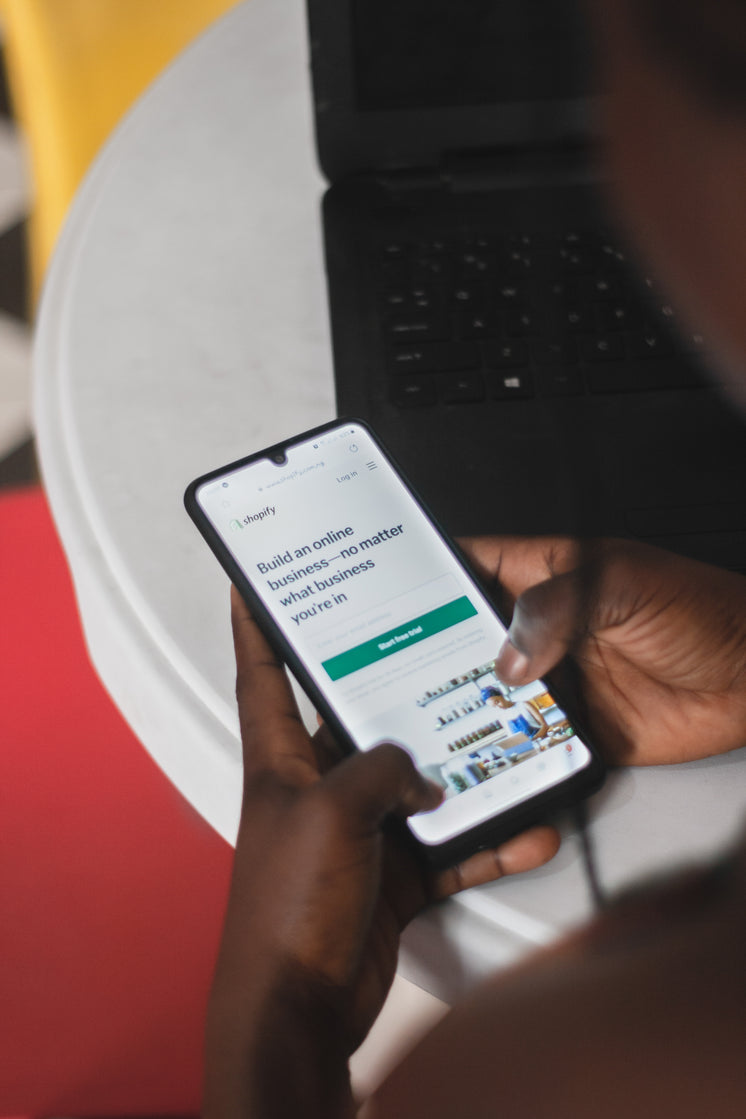-1.jpg) I remember good previous days of professionally edited books the place one purchased, say, a Doubleday on exegesis and knew beforehand it might meet highest editorial high quality levels. You should buy a Kindle guide right now and still find margins reducing off words! But Low-cost and Quick. You’re talking about typesetting more than editing, and proof-studying, which isn’t sensible on print books both. But the issue with e-books is that every format has to have totally different proof-studying, not as soon as however a number of instances, as a result of things shift simply when information get transferred as well as transformed into codecs. Hence, margins slicing off phrases even when the work was closely proof-read for textual content and formatting. It’s one of those intense labor expense prices of e-books that people pretend don’t exist and indie authors often low cost as a value as a result of they do the work themselves for a handful of their own books. Publishers do higher with it these days than the indies, however it should still be an issue for in all probability another decade with e-books.
I remember good previous days of professionally edited books the place one purchased, say, a Doubleday on exegesis and knew beforehand it might meet highest editorial high quality levels. You should buy a Kindle guide right now and still find margins reducing off words! But Low-cost and Quick. You’re talking about typesetting more than editing, and proof-studying, which isn’t sensible on print books both. But the issue with e-books is that every format has to have totally different proof-studying, not as soon as however a number of instances, as a result of things shift simply when information get transferred as well as transformed into codecs. Hence, margins slicing off phrases even when the work was closely proof-read for textual content and formatting. It’s one of those intense labor expense prices of e-books that people pretend don’t exist and indie authors often low cost as a value as a result of they do the work themselves for a handful of their own books. Publishers do higher with it these days than the indies, however it should still be an issue for in all probability another decade with e-books.
 Th is con te nt h as be en created with GSA Content Generat or Demoversi on.
Th is con te nt h as be en created with GSA Content Generat or Demoversi on.

There’s not a lot of money in e-books, so nobody within the tech world is dashing to fix it. Kat, your evaluation seems tight, however what about title recognition? It’s not name recognition; it’s unintentional looking, which isn't a nasty factor as it's a principle mechanism for fiction and considerably for non-fiction. As Scalzi noted, Amazon cuts separate deals with huge name authors from publishers for KU monies that are not a part of the pot, non-exclusive listings and means better cost phrases than what they provide indies. That’s to draw in customers to subscribe to KU, whose information is then mined by Amazon. As soon as the shoppers are subscribed to stream purchase the big names (handy for big readers,) then some of them browse, same as in a bookstore or the common Kindle store. So if you’re next to the massive names within the service and so they happen upon you, they could try you. And then in the event that they like you, they spread phrase of mouth.
That’s awareness, not recognition. When you get a giant enough fan base spreading word of mouth, you get title recognition. After you have title recognition, direct promoting can really do you more cost effective good. However the problem is, identical as in the regular Kindle store - it’s a huge pool of authors, so the percentages of the browsers finding your stuff significantly by accident go down proportionately - but not fully. The idea of Kindle Select and Kindle Unlimited is that Amazon makes you solely theirs and takes extra of your sales cash as marketing fees in return for more advertising providers - algorithms that pop your identify up should you get enough downloads, display placement, and so forth. - Identical AS IN A BOOKSTORE. So they are selling it to indies as extra marketing to connect browsers to your works. Some of these services are ones that Amazon used to offer indie authors within the common Kindle selling program at no cost or nearly without cost, however now they’re charging extra for them.

So that’s the calculation indie authors have to make - are they getting higher advertising and marketing through this that's bumping up their gross sales enough to offset the increased marketing costs of going with Kindle Choose (and Limitless streaming,) over the cheaper costs of selling it non-solely in KDP. And the answer most of the time is going to be no, but for some projects and a few circumstances, it might not hurt to try. So it’s a enterprise resolution. There don’t seem to be loads of pluses for indie authors from it, and various indie authors dropped out of KU apparently, however others have made some cash with it, because Amazon again stopped giving them some of those advertising and marketing companies in KDP, so it is more durable to connect to unintended browsers in KDP now than it was. That’s a deliberate technique of Amazon’s and it really works because they personal 90% of the indie e-e-book market - a monopoly.
The guide business already had a subscription service and still has forms of it right now - they’re called E book CLUBS. You joined/subscribed to a ebook club by agreeing to purchase two books from the club inside each year of membership (not a real hardship for heavy readers with some cash to spend.) You got particular ebook club editions, together with handy omnibuses of collection and special illustrated editions, and you got them at heavily discounted book club costs. Each month, the guide club would give you a big selection of books to contemplate by means of a mailed illustrated catalog flyer, from main authors and up and comers, (even simpler to do at the moment online,) and should you didn’t need one that month, you instructed them no thanks, aside from not less than two you’d have to buy in some unspecified time in the future. I got the primary Anita Blake novels through a ebook membership deal, before she was enormous. The e-book club mannequin was a very profitable arm of publishing bulk direct gross sales - and helping newer authors - till the wholesale market fell and transport costs rose, however a ghost of it nonetheless exists. Content has been c reated with the he lp of GSA Content Gen erator Demoversion.